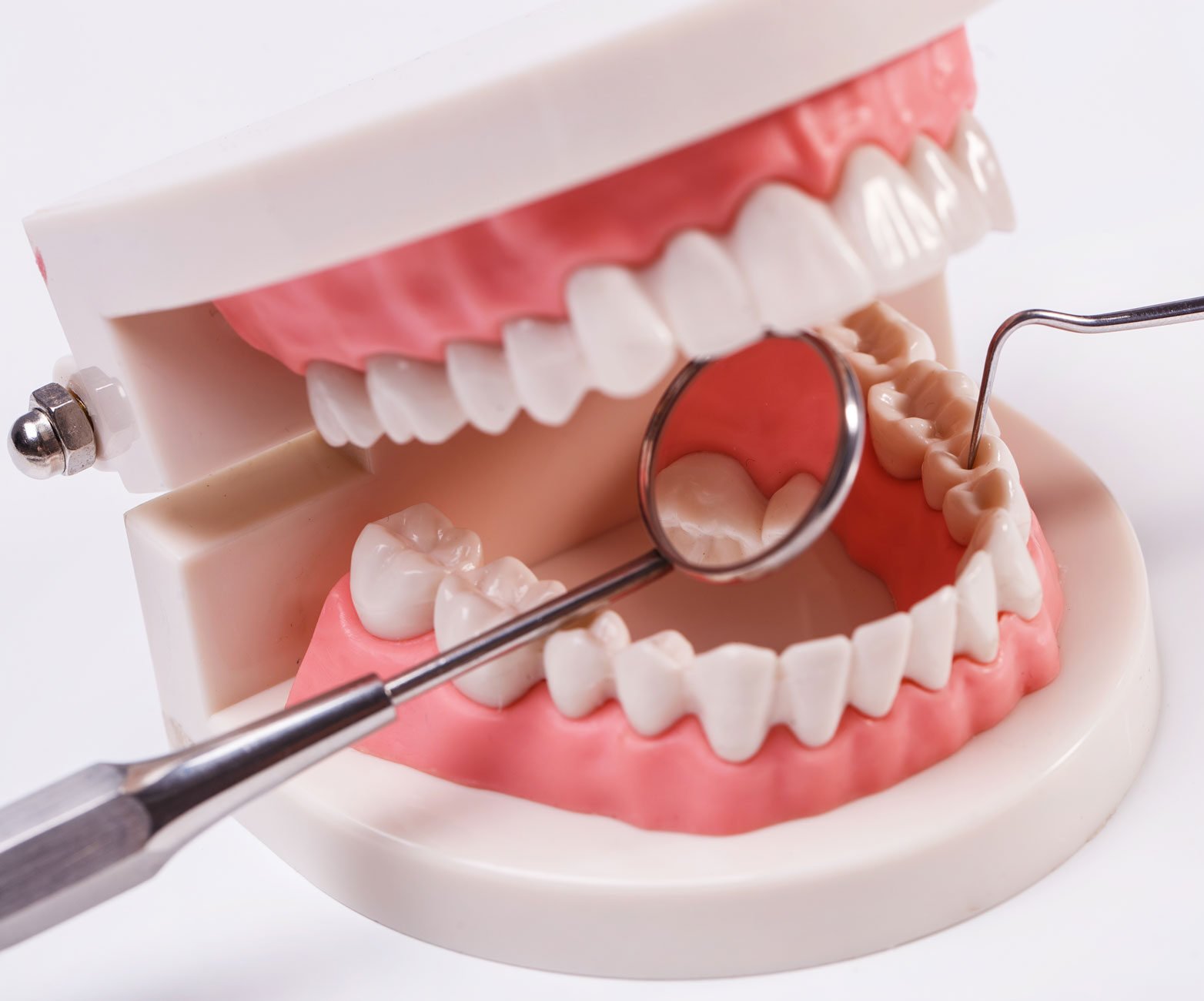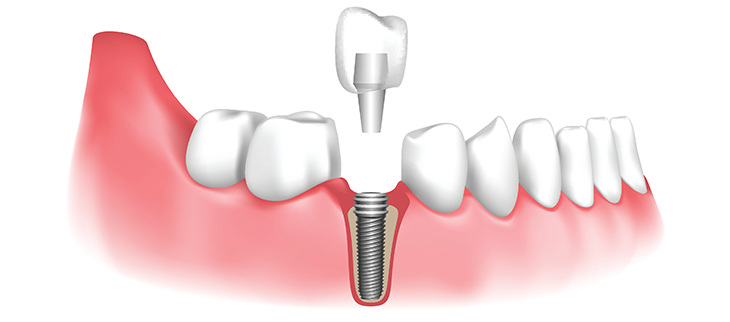Is it better to do a root canal or extraction? This is a common question that patients with dental problems often ask. Both treatments have pros and cons, but the answer depends on several factors, including the condition of the tooth, budget, and patient preference. In this article, we will discuss the differences between root canal and extraction and help you make an informed decision about your dental health.
Root Canal or Extraction: Which is Better for Dental Implants?
Root Canal or Extraction: Which is Better for Dental Implants?
When it comes to getting a dental implant, one of the important decisions that must be made is whether to get a root canal or extraction beforehand. Both procedures have their pros and cons, and the decision will depend on the individual case.
Root canal: A root canal is a procedure where the dentist removes the infected or damaged pulp from the tooth, cleans the inside of the tooth, and seals it back up. This procedure can save a tooth that might otherwise require extraction.
Extraction: Extraction involves the removal of the entire tooth, including the root. This procedure may be necessary if the tooth is too damaged or diseased to be saved by a root canal.
Which is better for dental implants? In general, it’s better to save the natural tooth with a root canal rather than extracting it. This is because an extracted tooth can result in loss of bone density in the jaw, which can make it more difficult to place a dental implant later on. However, there are cases where extraction may be necessary, such as if the tooth is severely damaged or cannot be saved by a root canal.
Ultimately, the decision of whether to get a root canal or extraction before a dental implant will depend on the individual case and should be discussed with a dental professional.
Is tooth extraction a safer option compared to root canal?
Tooth extraction and root canal are both viable treatment options for damaged or severely decayed teeth. However, deciding between the two will depend on your specific situation and the recommendation of your dentist or oral surgeon.
Root canals are typically recommended when a tooth is still salvageable but has suffered damage to its roots or pulp. During a root canal, the damaged tissue is removed from inside the tooth, and the tooth is filled with a special material to prevent infection and further damage. The tooth is then typically restored with a crown.
Tooth extraction, on the other hand, is usually recommended when a tooth is beyond repair and cannot be saved with a root canal or other treatment options. A dental implant can be used to replace the extracted tooth, providing a long-term solution that restores function and aesthetics.
In terms of safety, both root canals and tooth extractions are relatively safe procedures when performed by an experienced professional. However, there are some risks associated with each procedure.
With a root canal, there is a small risk of infection or reinfection if the initial treatment is not successful. In rare cases, the tooth may need to be extracted if complications arise.
With a tooth extraction, there is a risk of infection or dry socket, which can be prevented with proper aftercare instructions from your dentist or oral surgeon.
Ultimately, the decision to undergo a root canal or tooth extraction will depend on the severity and location of your dental issue, as well as your overall oral health and personal preference. Your dentist or oral surgeon can help you weigh the pros and cons of each option and make an informed decision about your dental care.
What are the advantages of root canal therapy over tooth extraction?
Root canal therapy is a dental procedure that removes the infected or damaged pulp from a tooth and replaces it with a filling. While some cases may require tooth extraction, root canal therapy has several advantages over this option in the context of Dental Implants.
First advantage is that root canal therapy preserves the natural tooth structure. When a tooth is extracted, the empty space can cause the surrounding teeth to shift and possibly cause problems with bite alignment. In contrast, root canal therapy allows patients to keep their natural teeth and maintain proper alignment, which can help prevent future oral health issues.
Another advantage is that root canal therapy is less invasive than tooth extraction. Tooth extraction involves surgically removing the tooth from the jawbone, which can be painful and require more downtime for recovery. Root canal therapy, on the other hand, is similar to a routine filling and has a shorter recovery time.
Lastly, root canal therapy is usually less expensive than tooth extraction followed by a dental implant. The cost of the implant and the surgical procedure can add up quickly, making root canal therapy a more cost-effective option.
In summary, root canal therapy has several advantages over tooth extraction, including preserving natural tooth structure, being less invasive, and being more cost-effective. However, each case is unique and patients should consult with their dentist to determine the best course of action for their specific needs.
What dental procedure is the most painful?
The most painful dental procedure related to Dental Implants is the initial placement surgery. During this procedure, a dental implant is surgically placed into the jawbone to serve as a replacement for a missing tooth. The surgery itself involves cutting through the gum tissue and drilling into the bone, which can cause discomfort and pain. However, anesthesia and pain medications are used to help manage the pain during and after the procedure. After the surgery, some patients may experience mild to moderate pain, swelling, and bruising for a few days, but these symptoms can be managed with medication and ice packs. It’s important to follow all post-operative instructions provided by your dentist or oral surgeon to ensure proper healing and minimize discomfort.
Which procedure takes longer, root canal or extraction?
The extraction procedure generally takes less time than a root canal when it comes to preparing for a dental implant. This is because after an extraction, the area needs time to heal and the bone needs time to regrow before the implant can be placed. In contrast, most root canal procedures can be completed in one or two appointments and the tooth can be prepared for an implant right away. However, the overall time for the implant process can vary depending on individual circumstances and the specific treatment plan recommended by the dentist or oral surgeon.
Frequent Questions
When is it more beneficial to choose a dental implant over a root canal or extraction?
Dental implants are typically the best option for patients who have one or more missing teeth. In some cases, a root canal may be necessary to save a damaged or infected tooth, but if the tooth cannot be saved, then a dental implant is usually the preferred option. Similarly, if a tooth is badly decayed or damaged beyond repair, then a tooth extraction may be necessary. However, in cases where an implant is a viable option, it is often the best choice because it preserves the surrounding teeth and supports healthy jawbone growth. Dental implants also look and function like natural teeth, providing long-lasting results and a more aesthetically pleasing smile. Ultimately, the decision between a root canal, extraction, or dental implant should be made in consultation with a dental professional based on the individual needs and circumstances of each patient.
What are the pros and cons of each option – root canal, extraction, and dental implant – when considering the longevity of the solution?
Root canal: The pros of a root canal are that it preserves the natural tooth and can last a long time if properly taken care of. However, the cons are that there is a risk of infection or failure, and the tooth may eventually need to be extracted.
Extraction: The pros of an extraction are that it removes the problem tooth and can prevent further issues from occurring. However, the cons are that it can lead to bone loss in the jaw and can affect the surrounding teeth, and the patient will need to consider options for replacing the missing tooth.
Dental implant: The pros of a dental implant are that it provides a long-lasting and durable solution for missing teeth, can prevent bone loss in the jaw, and looks and functions like a natural tooth. However, the cons are that it requires a surgical procedure and can be more expensive than other options.
Overall, while all three options have their pros and cons when considering longevity, a dental implant can provide the most durable and natural-looking solution for missing teeth.
How do other factors, such as the patient’s overall health and the location of the problem tooth, impact the decision to pursue a root canal, extraction, or dental implant?
When considering whether to pursue a root canal, extraction, or dental implant, other factors must be taken into account, such as the patient’s overall health and the location of the problem tooth. For example, if the patient has a weakened immune system, it may not be wise to pursue a dental implant as their body may struggle to heal properly. Additionally, if the damaged tooth is located in a visible area of the mouth, a dental implant may be the preferred option as it provides a more aesthetically pleasing result compared to a missing tooth or a visible gap. Ultimately, the decision between a root canal, extraction, or dental implant will depend on the specific circumstances of the patient and their individual needs.
In conclusion, whether to do a root canal or extraction ultimately depends on the specific case and the condition of the tooth. In some cases, a root canal may be the better option as it allows you to keep your natural tooth while also resolving the issue at hand. However, if the tooth is too damaged or decayed, an extraction may be necessary to prevent further damage or infection. Once the tooth is removed, considering dental implants as a replacement option can provide many benefits such as improved functionality, aesthetics, and oral health. Consult with your dentist to determine the best treatment plan for your individual needs.



